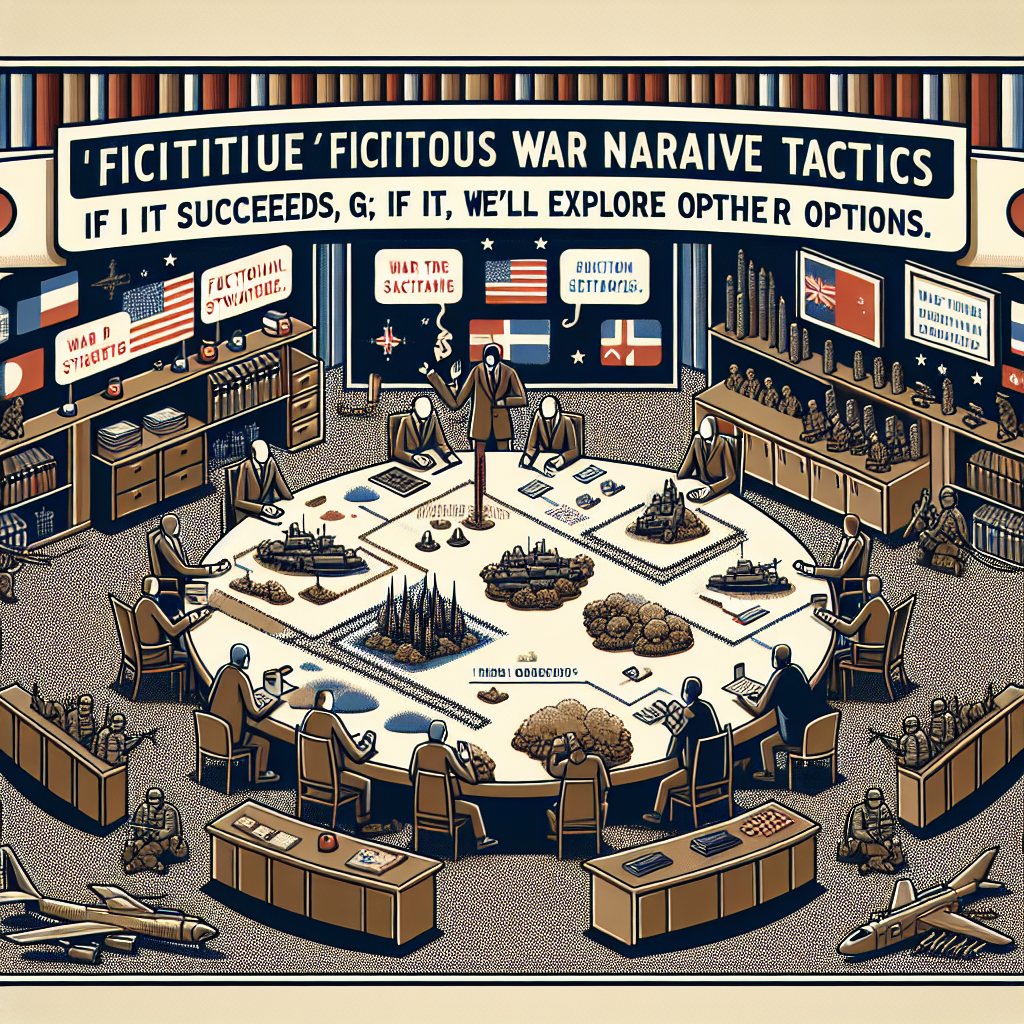On a recent Saturday, tensions escalated as an Israeli airstrike targeting Iran took place, involving approximately 100 aircraft launching from a standoff position in Iraq. This significant military maneuver aimed to disrupt Iran’s air defense systems and missile production capabilities. However, analysts have debated the actual effectiveness of the strikes. Renowned commentator Walter Russell Mead posited that the attacks demonstrated Israel’s intelligence-gathering capabilities, asserting that they could obliterate Iran’s strategic vulnerabilities at will, largely due to the superior military technology and intelligence from the United States. The narrative surrounding this military action posits American technology as the “gold standard,” and its implications extend beyond immediate military confrontations, contributing to an overarching ideation of Western military dominance amidst conflict. However, a contrasting perspective highlights that while the strike involved a large number of missiles, evidence suggests that the results were minimal, with Iranian forces reportedly intercepting many of them. This discrepancy raises questions about the narratives constructed around military engagements.
Delving deeper, experts stress that the “imaginary war narrative” diverges significantly from on-ground realities. Observations over four days following the airstrikes suggest that the Israeli Air Force’s efforts may have been exaggerated, as confirmed by credible accounts indicating that most missile threats were mitigated by Iranian defense systems. The media’s portrayal of these military actions, touted by figures like Mead, risks glossing over the actual outcomes, hinting at a collective reluctance to concede failure in a geopolitical arena where narratives of invincibility are prized. This disconnect underscores a broader discourse on how military engagements are reported versus their verifiable impacts, positing a dichotomy between perception and reality. The insistence on framing Israeli operations as successful, despite unverified results, indicates a strategic reliance on maintaining a façade of power and control, a narrative that circulates within media and military circles.
Professor Brian Klaas raises critical concerns regarding the common misconceptions underpinning the geopolitical landscape, contending that global affairs operate less like a predictable system and more like a chaotic and complex entity. Traditional social science methodologies often attempt to impose order on this complexity through linear models, which can misrepresent the inherent unpredictability and non-linear nature of political and social phenomena. The reductionist approach to understanding world events often overlooks the nuanced and unexpected occurrences that can dramatically alter outcomes. This emphasis on predetermined patterns risks engendering a false sense of security and bewilderment concerning significant global shifts. Acknowledging complexity in international affairs paves the way for a more profound evaluation of the factors influencing state behaviors, particularly in moments of crisis.
Chaos theory, emerging primarily in the latter half of the 20th century, has illuminated the intrinsic unpredictability within complex systems. However, it has been largely absent from prevailing discussions in Western political thought, which still often favors mechanistic interpretations of events as predictable reactions to specific actions. The implications of chaos theory suggest that recognizing the interconnectedness of all events is crucial for a more comprehensive understanding of international politics. As concepts of causation are re-examined, it becomes increasingly evident that unforeseen incidents bear legitimate weight in shaping outcomes, thus prompting a reevaluation of how we interpret shifts in the geopolitical landscape.
The recent Israeli airstrike against Iran serves as a critical case study in the significance of unexpected developments. Reports suggested that the operation encountered major hurdles shortly after it commenced; Iranian air defense systems reportedly retaliated effectively, leading to a suspension of the assault. This unfolding drama not only contradicts the constructed narrative of Israeli military supremacy but also compels consideration of the broader implications regarding the feasibility of future military strategies in the region. Should Israeli forces continue to encounter resilient Iranian defenses, the implications for strategic planning and military doctrine may be profound, potentially necessitating a reevaluation of the overall approach to national security.
Given the implications of the recent military engagements, analysts ponder the future trajectory of Israeli strategy in confronting perceived threats from Iran. A senior security official aptly noted that the perception of “normalization” surrounding such operations may lead to a desensitization towards failures and result in a cycle of repeated attempts despite recorded setbacks. The narrative of “success through failure” encapsulates a troubling rationale that might compel Israeli military leaders to engage in further operations, even as each engagement yields diminishing returns. The desire to project an image of strength may inadvertently reinforce cycles of aggression without a coherent strategy, raising pressing questions on the effectiveness and goals underlying these military endeavors.
In conclusion, the complex interplay between narrative and reality in military conflicts underscores the critical importance of reassessing assumptions underlying statecraft and military strategy. The interplay of chaos, unpredictability, and the chaos theory challenges simplified perspectives of causality in geopolitics while emphasizing the importance of unexplained events. As states navigate volatile landscapes shaped by technological and military advancements, the divergence between constructed narratives and actual outcomes will continue to be a pivotal theme in international relations. The capacity of states to adapt to and address the realities of an increasingly unpredictable world will ultimately determine their effectiveness and legitimacy in the eyes of both allies and adversaries.

